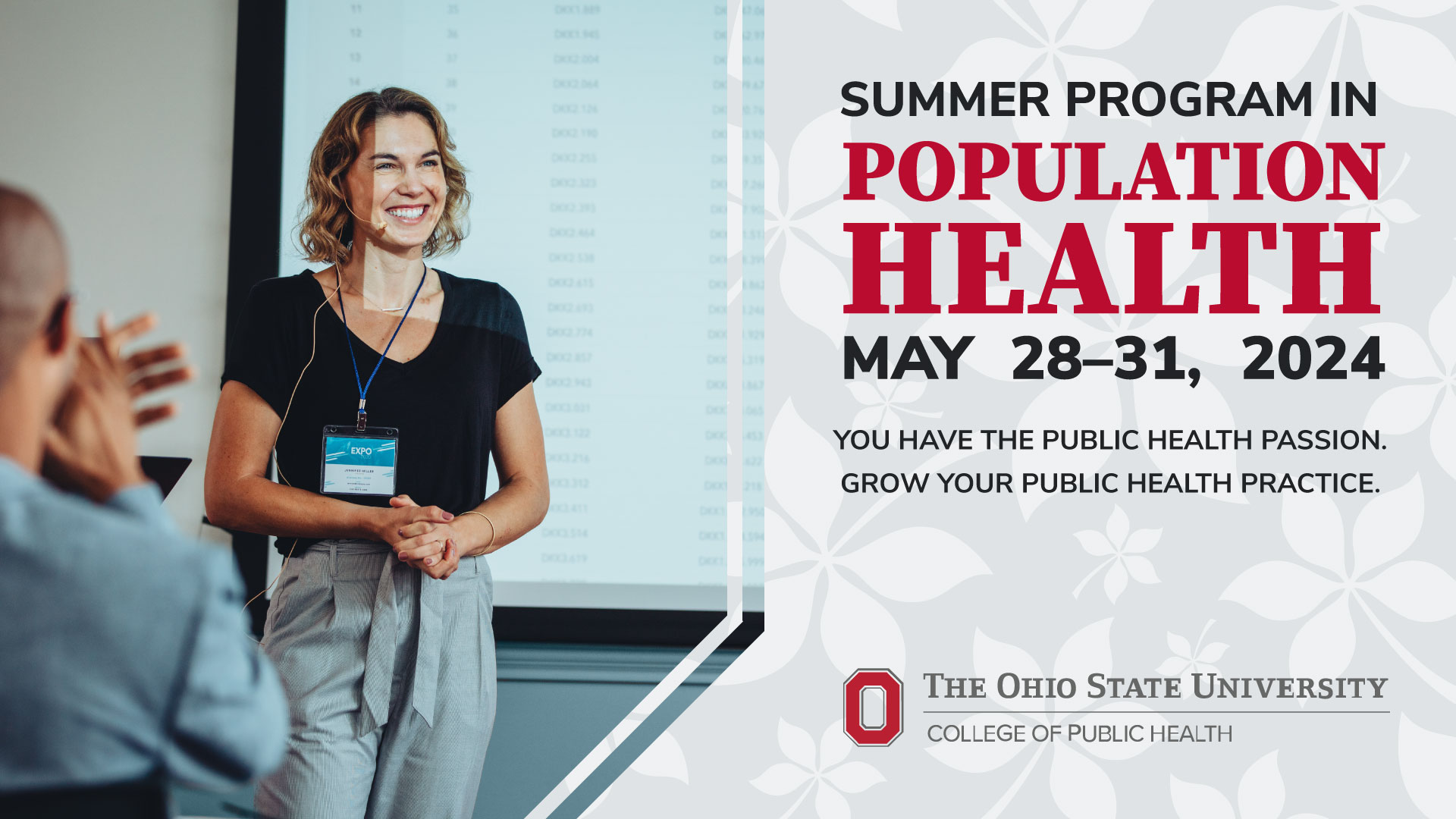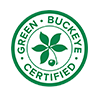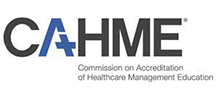When:
-
Where: The Nationwide and Ohio Farm Bureau 4-H Center
2201 Fred Taylor Dr.
Columbus,
OH
43210

The Summer Program in Population Health provides professional development courses focused on engaging those who work in governmental public health, health care administration and practice, social work, mental and behavioral health, community health, and others invested in improving health and reducing disparities. Each course provides approximately 14 contact hours of content.
All courses are held at The Nationwide and Ohio Farm Bureau 4-H Center at 2201 Fred Taylor Dr. Columbus, OH 43210.
Registration and price
- Register before May 1 for a 20% discount on each course: $400 per course. On May 1, the cost increases to $500 per course
- Student rate: $100 per course
For more information on how to receive the student rate, bulk registration or purchase order registration, contact us.
2024 Course lineup
Session 1: May 28-29, 8:30 a.m. to 5 p.m.
Violence as a Determinant of Health
Course Instructor: HB Franchino-Olsen, Faculty Fellow in Health Behavior and Health Promotion, Ohio State College of Public Health
Across the globe, the United States and Ohio, violence is prevalent and happening in homes, schools, workplaces and all settings public and private. Violence has been recognized as a social determinant of health by the World Health Organization and the Centers for Disease Control and Prevention. Participants will learn how violence is conceptualized and defined by the anti-violence field, how these definitions apply to interpersonal and structural forms of violence, how violence is connected to health across the life course and between family generations, and how to grapple with current controversies or debates in the anti-violence field. Through case studies and hands-on learning, participants will leave better prepared to consider how violence (particularly often-overlooked forms of violence) may impact the communities in which they work, and to examine the evidence regarding the health impacts and prevention of this violence. This course will use an intersectional lens to consider the numerous ways violence operates within systems of power and privilege (social; structural) and will equip participants to examine the far-reaching impacts of violence across all levels of the social ecological framework.
Introduction to Qualitative Methodology in Public Health
Course Instructor: Aldenise Ewing, Assistant Professor in Epidemiology, Ohio State College of Public Health
This course provides an in-depth exploration of qualitative research methodologies and interviewing techniques within the context of community-engaged research. Students will examine the principles and practices of qualitative study design and data collection, with a specific focus on engaging communities as active partners in the research process. Through a combination of theoretical discussions, hands-on exercises, case studies and practical applications, students will develop the skills and knowledge necessary to design, conduct and analyze qualitative research studies that prioritize community perspectives and promote social justice.
Session 2: May 30-31, 8:30 a.m. to 5 p.m.
Using Geographic Information Systems to Understand Population Health
Course instructors: Jesse Plasck, Assistant Professor in the Division of Cancer Prevention and Control, James Comprehensive Cancer Control Center, The Ohio State University Wexner Medical Center
Elizabeth Ghais, Program Coordinator of SPACE Lab in the Division of Cancer Prevention and Control, James Comprehensive Cancer Control Center, The Ohio State University Wexner Medical Center
A geographic Information System (GIS) is designed to create, manage, analyze and display data with locational information. Within a GIS are powerful and flexible tools that are often used by public health practitioners and scientists to better understand health-related resources, risks and outcomes. This course offers an introduction to GIS and how it is used in population health to better understand the relationships between the environment, people and their health. Topics include: the geographic nature of population health, types of spatial data and the management and integration of spatial data into health research, visualization and mapping, and basic spatial analysis techniques. The practical component of this class involves hands-on experience with GIS apps with a focus on ArcGIS. Participants will learn basic skills required to use and understand common GIS applications within public health departments.
Qualitative Analysis and Interpretation for Community-Engaged Research
Course Instructor: Aldenise Ewing, Assistant Professor in Epidemiology, Ohio State College of Public Health
This course provides participants with the foundational knowledge and practical skills necessary for conducting qualitative analysis and interpretation within the context of community-engaged research. Through interactive lectures, discussions and hands-on activities, participants will explore various qualitative analysis methods, interpretive frameworks and ethical considerations specific to community-based research projects. The course emphasizes practical strategies for engaging communities in the research process and interpreting qualitative data in a culturally sensitive and contextually meaningful manner.
Social Epidemiology
Course Instructor: Obianuju (Genevieve) Aguolu, Clinical Assistant Professor in Epidemiology, Ohio State College of Public Health
Social and structural contributors to the distribution of health and disease in populations. This course will consider the role of social interactions and processes (past and present) as exposures and as influencers of exposures which ultimately lead to differences in health outcomes. Participants will gain perspective on the influence of some social exposures (e.g., socioeconomic position) to the prevalence and incidence of health and disease at the level of the individual and population. The course will provide participants with practice in the interpretation and evaluation of research related to social epidemiology.
Strategic Doing (May 31, 8:30 a.m. to 5 p.m.)
Course Instructors: Karima Samadi, Policy Analyst–Food Systems, Center for Public Health Innovation, Columbus Public Health
Jeff Agnoli, Senior Liaison for Strategic Partnerships, Ohio Innovation Exchange
Strategic Doing™ assists teams in answering four basic strategic questions using 10 simple rules. This method leverages a network approach to build collaboration, enhance trust and produce measurable outcomes. Presenters will share how they apply these methods to build research and community engagement initiatives that enable strategic planning, ideation and operations management. Participants will learn how to answer these four basic questions to develop a compelling strategy:
- What could we do?
- What should we do?
- What will we do?
- What is our action plan?
These concepts map to “the science of team science” competencies, including but not limited to: how to promote psychological safety and transparency, democratic prioritizing, clarifying roles and responsibilities, collaboration planning and supporting more productive teams.
Register for Summer Program
Select courses and secure your spot for the 2024 Summer Program in Population Health.
Program Sponsors







